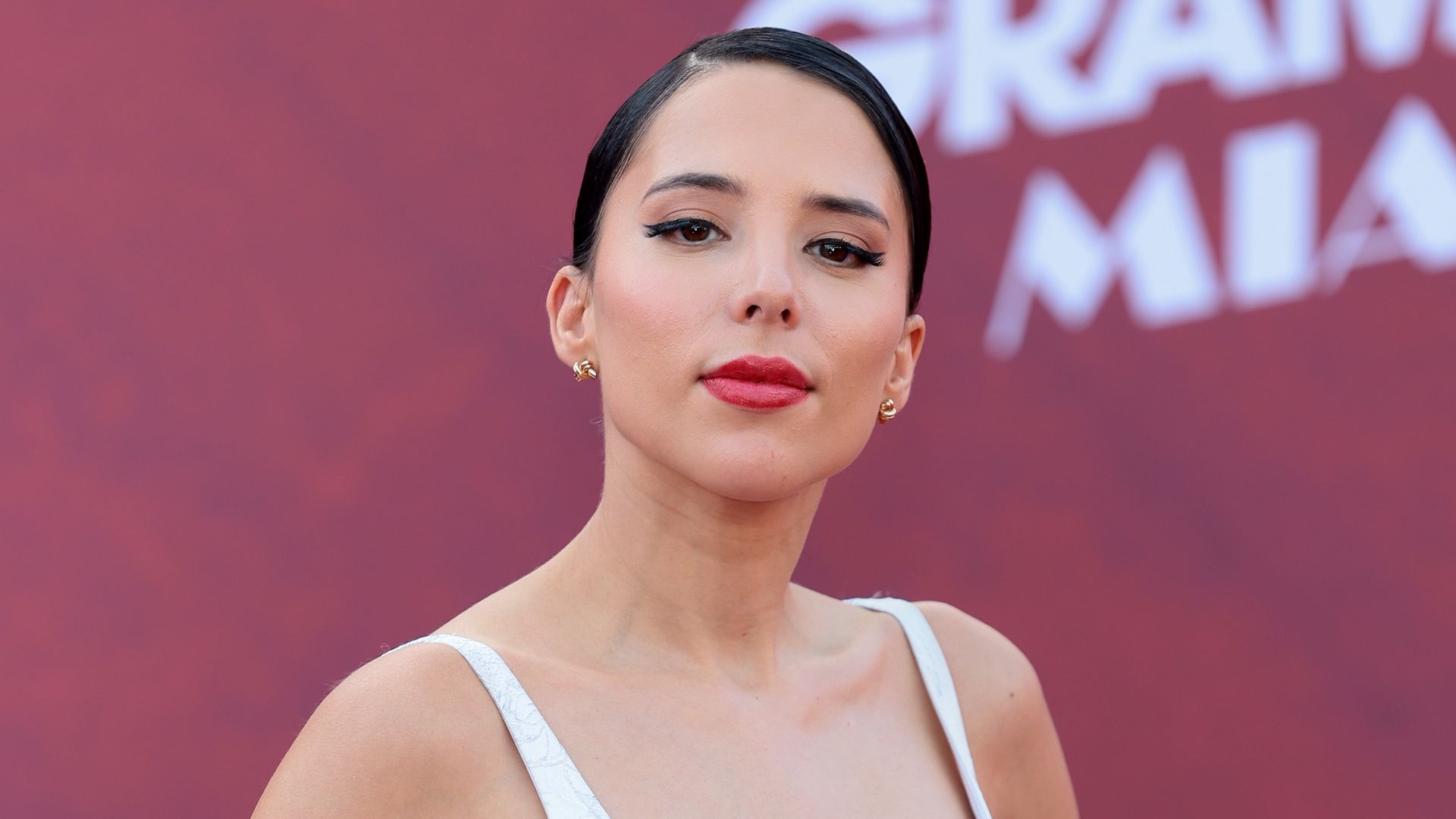Editor’s Note: This review was originally published during SXSW 2024. Metrograph Pictures releases “The Black Sea” in theaters on November 22.
American indie filmmaker Crystal Moselle has been on both sides of the scripted/non-scripted aisle of storytelling. Her 2015 documentary “The Wolfpack,” about six Angulo brothers confined to a Lower East Side New York housing project apartment while passing their days reenacting scenes from their favorite movies, won the Grand Jury Prize for Documentary at Sundance that year. Her Gotham-nominated feature “Skate Kitchen” took a scripted narrative approach to rolling back the ins and outs of a chaotic subculture of female skateboarders, all coming of age, in New York City. Her latest feature “The Black Sea,” co-directed by the film’s star Derrick B. Harden, takes an entirely unscripted approach to the drama of a Brooklyn barista, Khalid (also played by Harden), with dreams of his own left stranded in Bulgaria, passport stolen, after a catfishing scheme implodes before his eyes.


With Moselle and Harden behind the camera and Harden also in front of it, “The Black Sea” improvises all its dialogue, with Bulgarian producer Izabella Tzenkova working with the filmmakers to cast non-actors from Sozopol, where this earnest drama about the necessity of community in the worst and best of times takes off. The improvisatory approach works both for and against “The Black Sea,” which hinges on the shaggy charisma of Harden as Khalid, a Black man from Brownsville who in the opening scene triumphantly quits his job as a barista, announcing bigger things to come in Bulgaria. He’s met a woman through Facebook, who’s paid his airfare and promised to pay even more money in exchange for “adult time.” Problem is, Khalid shows up in Sozopol with nothing but a duffel bag, and the woman is either dead or never existed.
That the movie was entirely improvised around general story beats shows in the way “The Black Sea” improves across its 90-minute running time, the filmmaking by the last act more assured and its actors more settled into their characters. In Sozopol, adrift in the streets with no job after his bag is stolen in the night, Khalid befriends a not-at-first-suspicious travel agent, Ina (Irmena Chichikova), who points him in the direction of a local pier-dwelling layabout, Georgi (Stoyo Mirkov), who may offer employment but has a grimy vibe. What “The Black Sea” teaches us is to not necessarily trust the largesse of just anyone — a lesson Khalid could’ve benefitted from before answering that Facebook message. It’s a tale of a fish-out-of-water against a new world’s mistrust familiar in the history of movies about immigrants or people displaced, hanging their hopes on any local with a vague offer.
The central premise of “The Black Sea” poses a challenge to viewers if they can’t buy why Khalid would take on such a shady catfishing offer to begin with. He is high on the prospects of adventure, sure, but the film’s rushed setup offers no window into the urgency of Khalid’s situation, why he might want to leave Brooklyn altogether. Though as Moselle and Harden’s film unfolds, that becomes clearer, despite not in retrospect properly setting up Khalid’s wanderlust.
Knowing later that “The Black Sea” was improvised better contextualizes snippets of dialogue that almost feel too literary to belong in a script: “How are you confidently introducing me to this madness?” a stressed-out Khalid asks Ina, who turns out to be a decent friend and maybe more after bait-and-switching him to Georgi. Eventually, Khalid overtakes Ina’s travel business with his charms to turn it into a beloved local café, bringing the Brooklyn-gentrified craze of matcha to the locals. “They have dreams in Bulgaria, like the American Dream, but Bulgarian,” a local tells Khalid. “My dreams never got answered,” Khalid replies.
In that sense, “The Black Sea” does become a cinematic slam poem about how shattered dreams lead people to become castaways, or refugees, or immigrants, far from their place of origin. Khalid is a frustrating protagonist at first — why, upon finally finding safe haven after landing on his feet, does he start to masturbate? — but Harden’s performance becomes increasingly compelling. The actor/co-director, a rapper and musician of his own, also contributed the film’s original music, which lend energy to a leisurely time spent on the Balkan coast. He may be the only Black man in Sozopol, a place that is decidedly white and decidedly hardened to outsiders, but by the end of “The Black Sea,” he isn’t alone. And he was probably more alone in Brooklyn than he realized. The loose style of filmmaking, while too wandering at first in the form of shots that feel mostly like coverage with no decided vision, lends to Khalid’s unloosening. Everyone here, from in front of and behind the camera, is discovering life in real time.
Grade: B-
“The Black Sea” premiered at SXSW 2024. Metrograph Pictures releases the film Friday, November 22.














)





 English (US) ·
English (US) ·